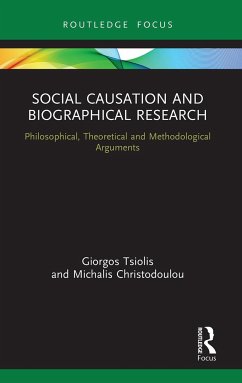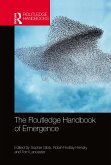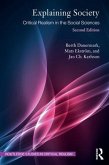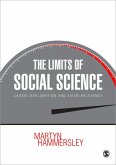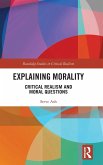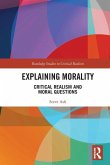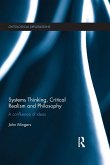This book extends debates in the field of biographical research, arguing that causal explanations are not at odds with biographical research and that biographical research is in fact a valuable tool for explaining why things in social and personal lives are one way and not another. Bringing reconstructive biographical research into dialogue with critical realism, it explains how and why relational social ontology can become a unique theoretical ground for tapping emergent mechanisms and latent meaning structures. Through an account of the reasons for which reductionist epistemologies, rational action models and covering law explanations are not appropriate for biographical research, the authors develop the philosophical idea of singular causation as a means by which biographical researchers are able to forge causal hypotheses for the occurrence of events and offer guidance on the application of this methodological principle to concrete, empirical examples. As such, this volume will appeal to scholars across the social sciences with interests in biographical research and social research methods.
Bitte wählen Sie Ihr Anliegen aus.
Rechnungen
Retourenschein anfordern
Bestellstatus
Storno

